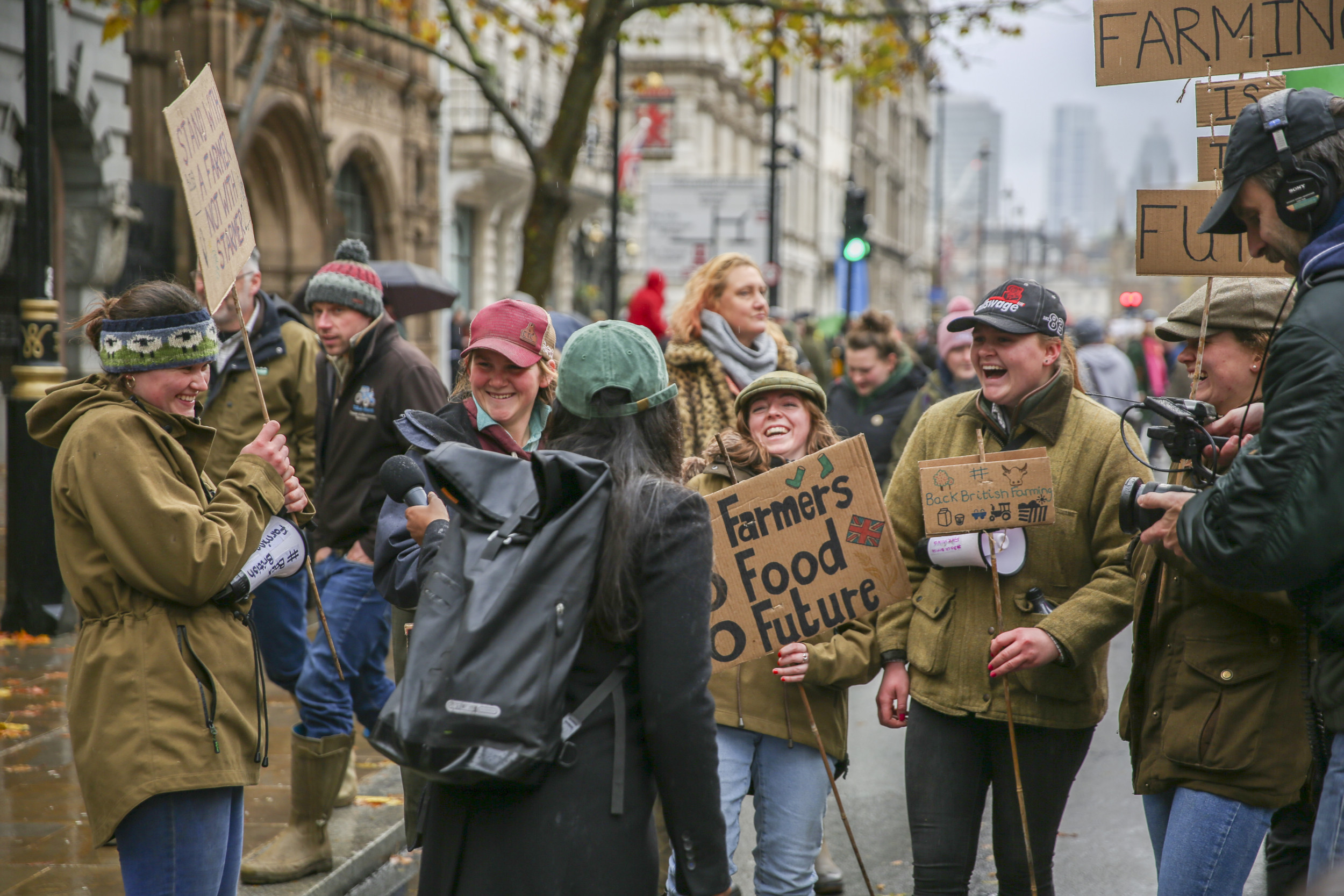Value added farming for food

Let's meet ... Amanda Warman
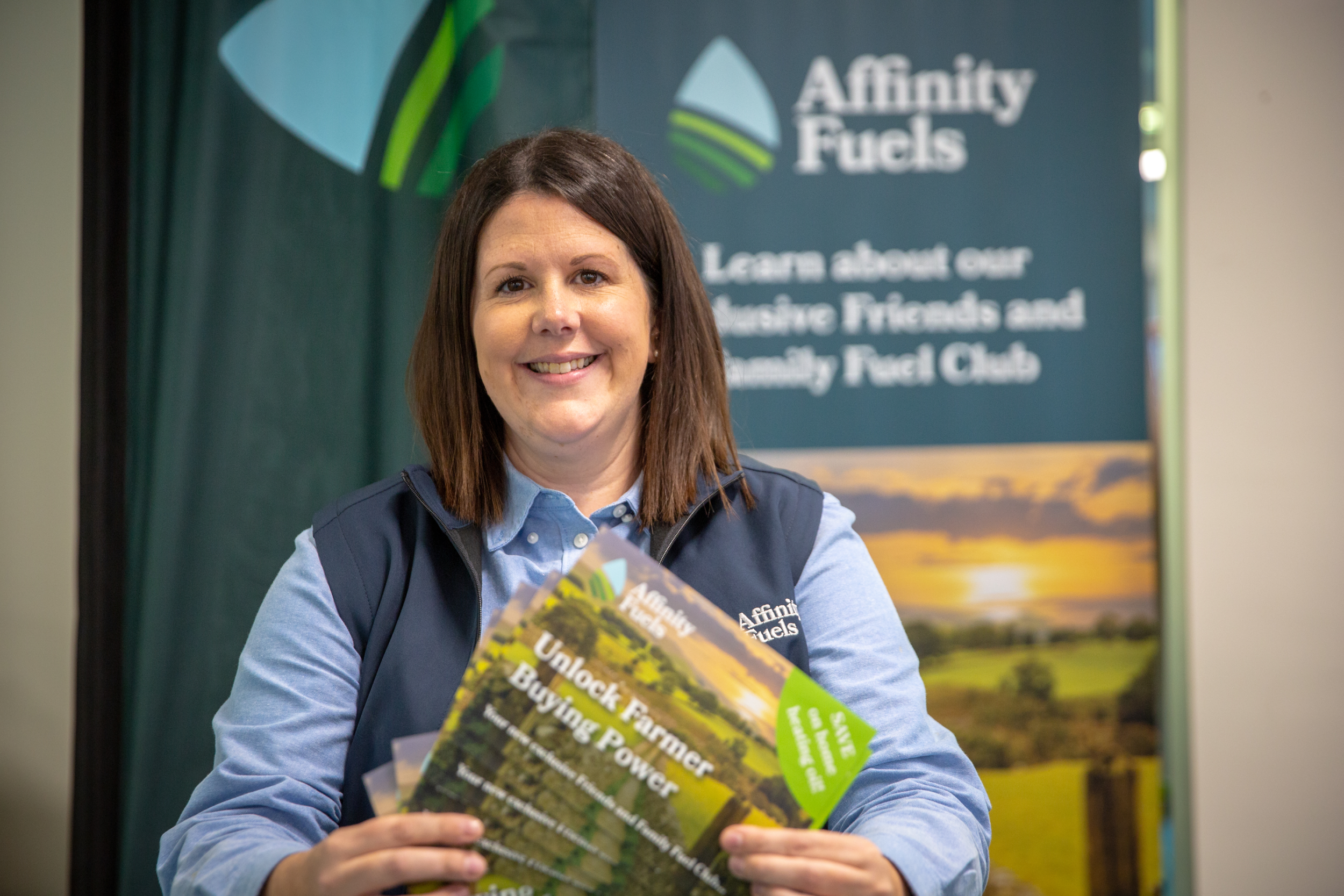
AF Changemaker: G H Hoyles Ltd, Lincolnshire
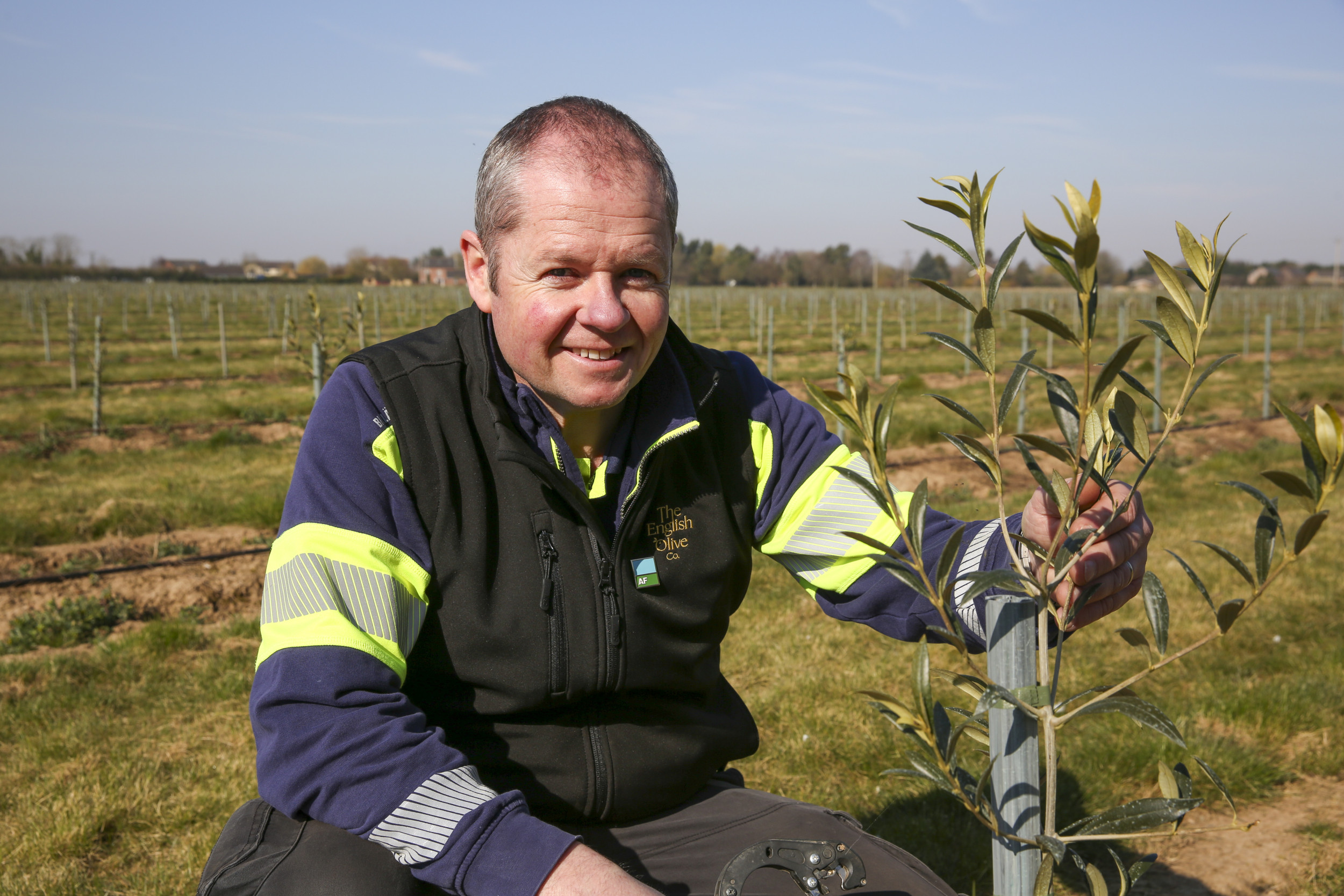
Norwich to Carmarthen – the ultimate EV test?

Let’s meet… Sam Day

AF Agricultural Inflation Index reveals extent of further deflation in key farm input costs but rises in others
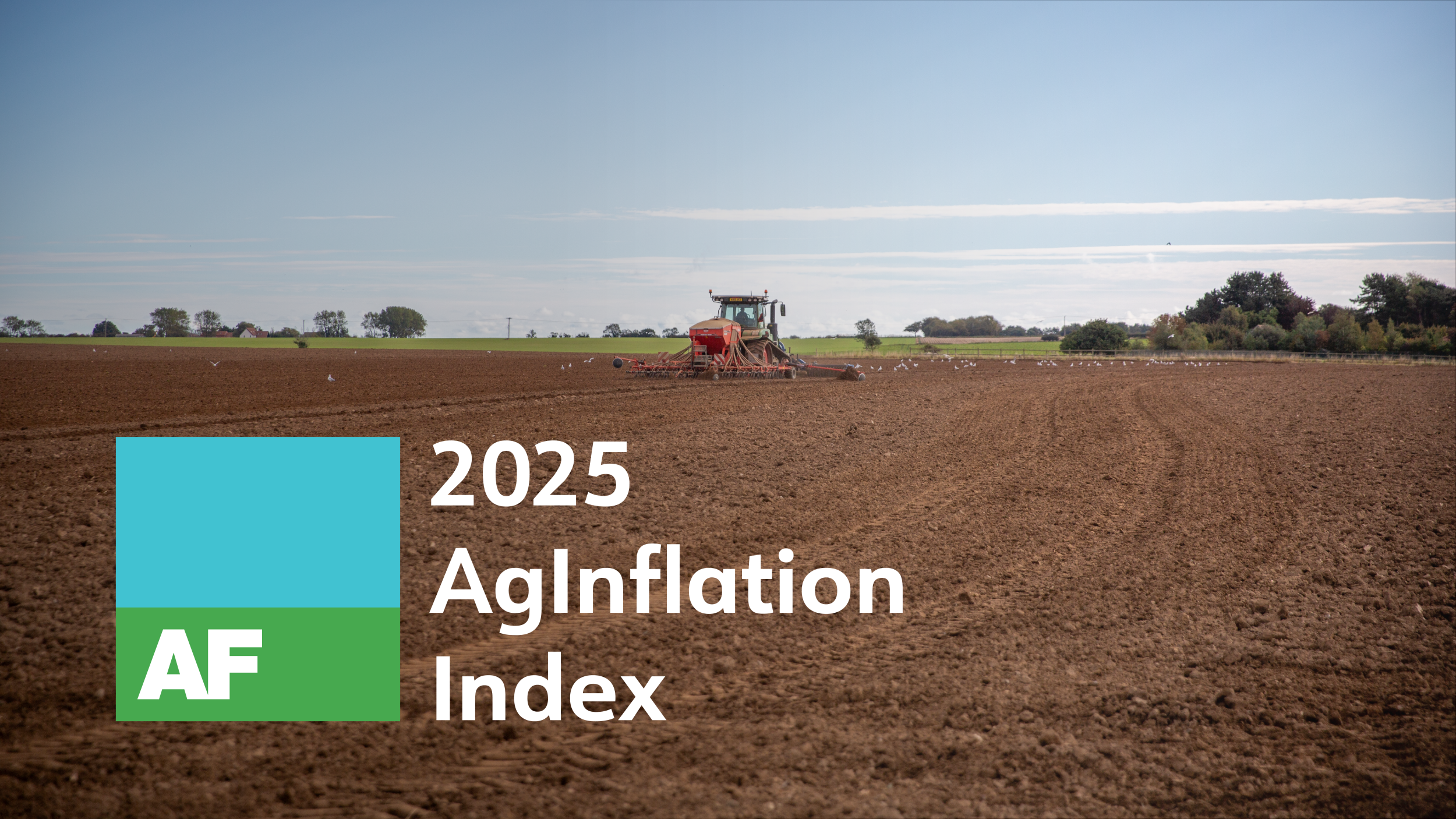
AF Changemaker: Burgess and Son, Leicestershire
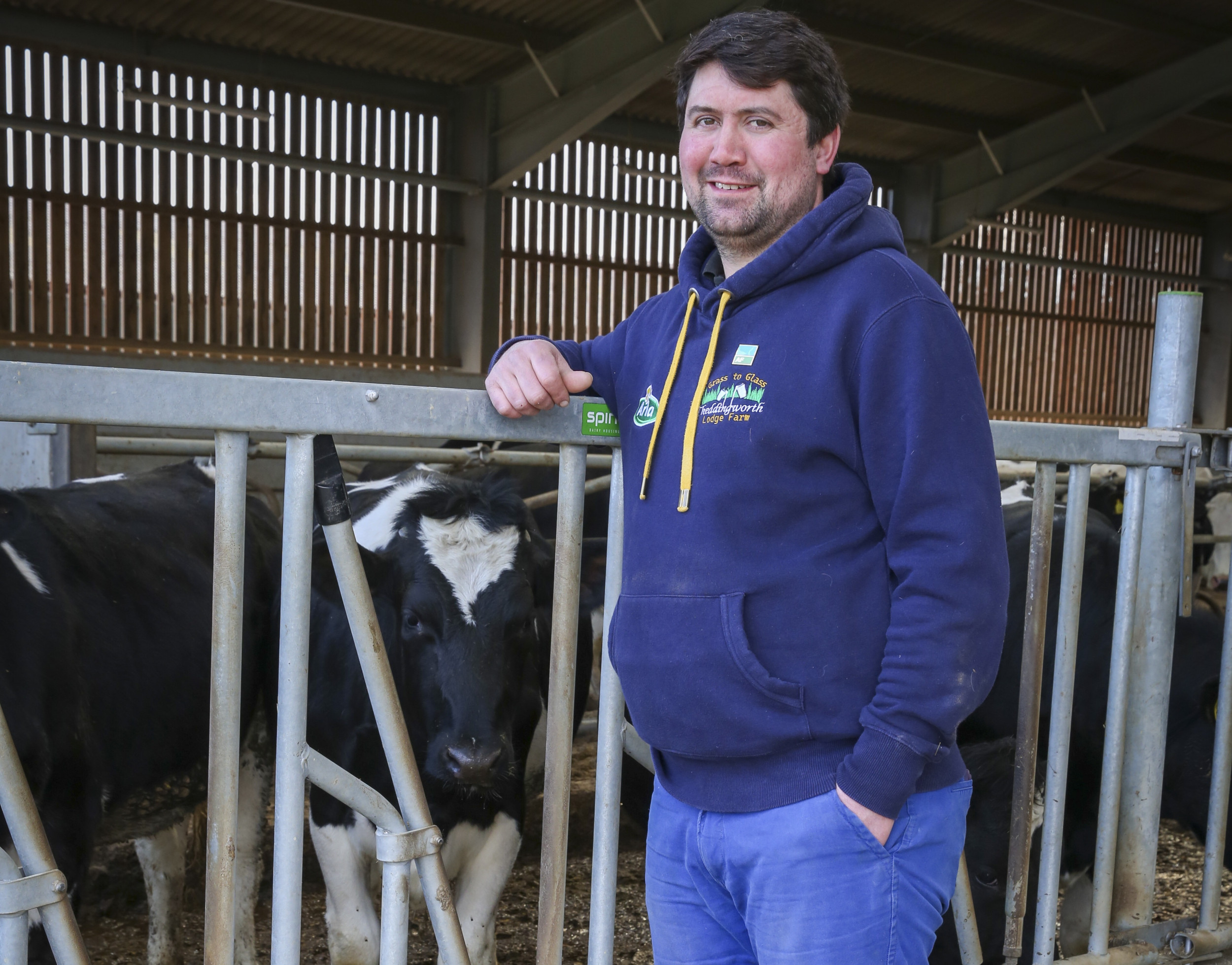
And the winner is...

November Budget: hopes for what’s on the horizon

Let's meet ... Amy Russell
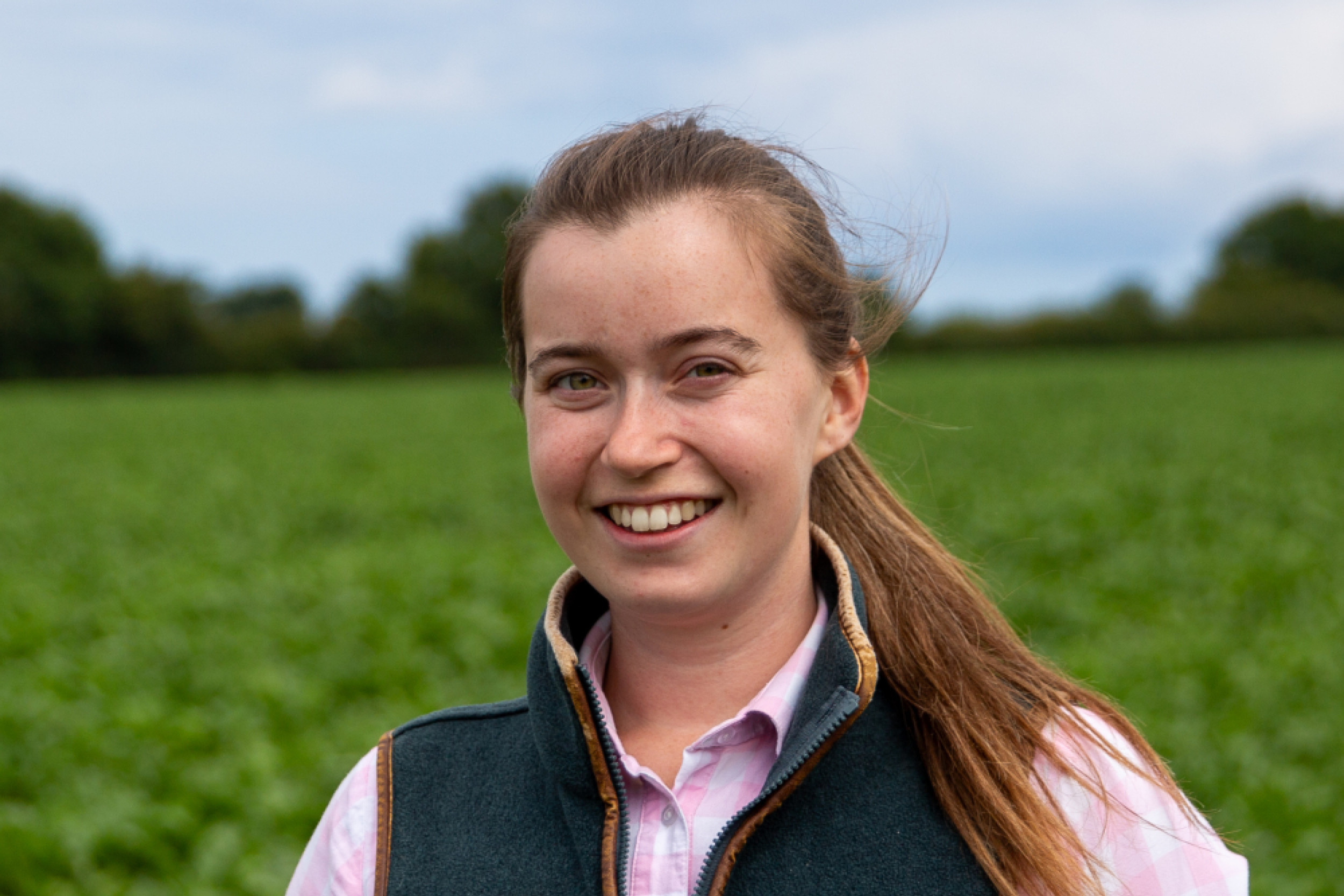
Seasonal outlook: winter cereals
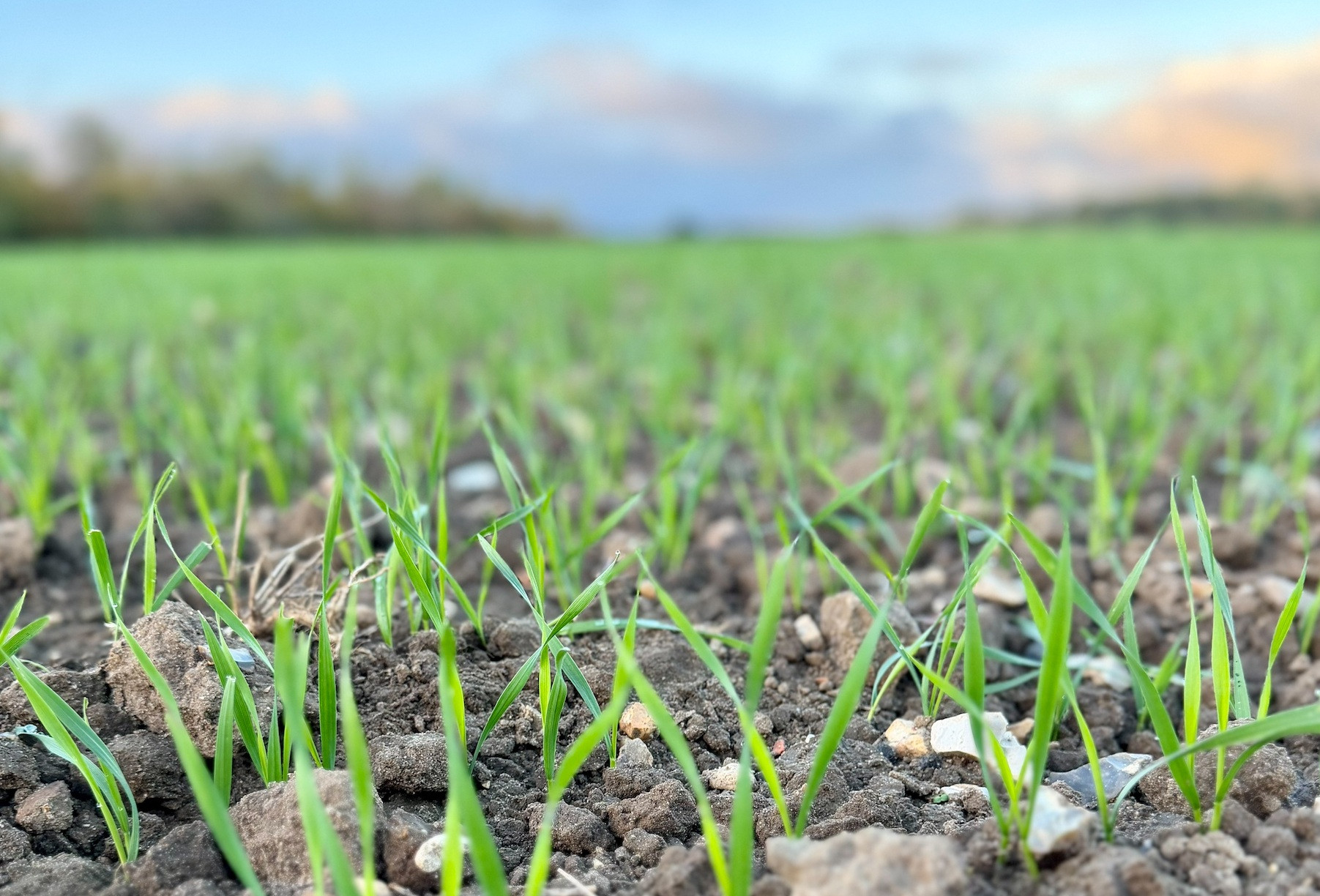
A swipe in the right direction for AF Charge Card

AF advice for fertiliser buyers

